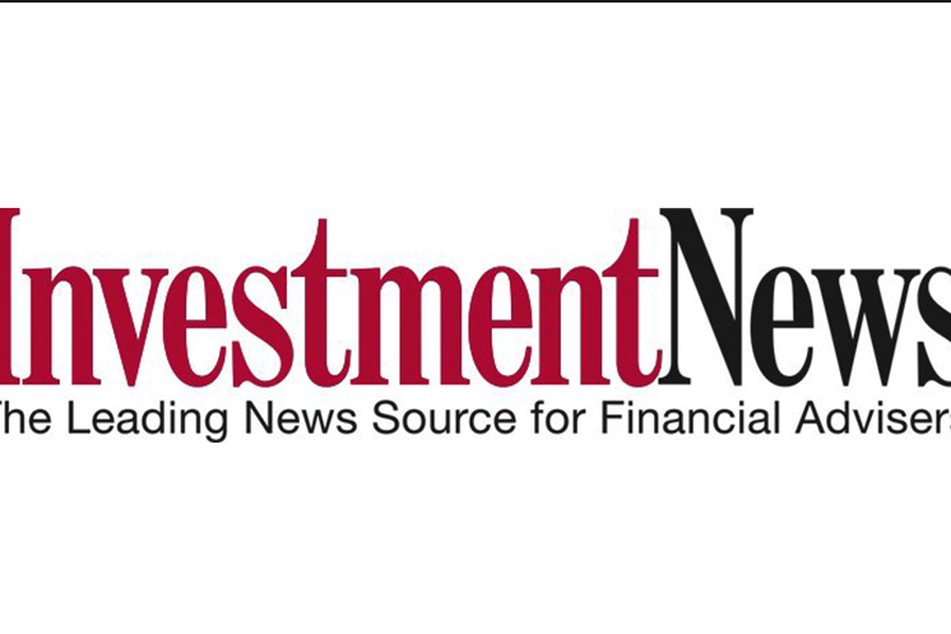John Bogle has already won

Investors have poured money into the lowest-cost funds and ETFs over the past decade, data show
John Bogle’s victory parade is overdue.
The 85-year-old founder of The Vanguard Group Inc. has been the most vociferous advocate against overpaying for investment management, and over the past 10 years, investors have shown that they have heard him loud and clear.
U.S. equity mutual funds and exchange-traded funds with expense ratios in the lowest quartile have had net inflows of $442 billion over the past decade, according to Morningstar Inc. data collected by Vanguard.
Equity funds with higher expense ratios saw investors flee to the tune of $368 billion over the same time period.
The same trend has emerged in bond funds, as well. The lowest-cost bond funds and ETFs have had $614 billion of inflows, while more-expensive options have netted just $144 billion since 2002.
“The primary trend is toward indexing, but the secondary trend is among financial advisers,” said Mike Rawson, a mutual fund analyst at Morningstar.
“They aren’t putting as much money into A shares anymore,” he said. “They’re going into institutional share classes and ETFs.”
The result has been that the average asset-weighted expense ratio that fund investors are paying have dropped 31% to 64 basis points for equity funds and 28% to 47 basis points for bond funds, from a decade ago.
Passively managed index funds and ETFs have seen the lion’s share, or about 85%, of net inflows into the lowest-cost funds, but the lowest-cost actively managed funds did manage to bring in about $67 billion.
Low-cost actively managed funds have a better chance of outperforming, Mr. Rawson said.
“It’s low-cost funds that outperform, not necessarily index funds,” he said.
With the data so clearly in the favor of low-cost funds, the pressure is on higher-expense mutual funds to bring down costs, something they have yet to tackle seriously. Expense ratios on actively managed equity funds, for example, have been stable at about 1% over the past decade.
“Why these active managers aren’t getting on board [with low costs] is a little bit surprising to me,” Mr. Rawson said. “This should be a wake-up call for the rest of the industry.”
Learn more about reprints and licensing for this article.



